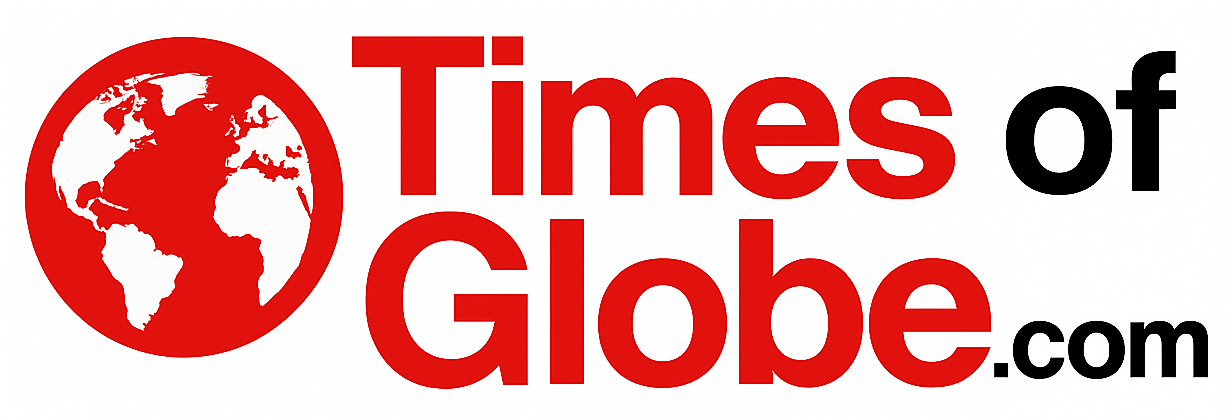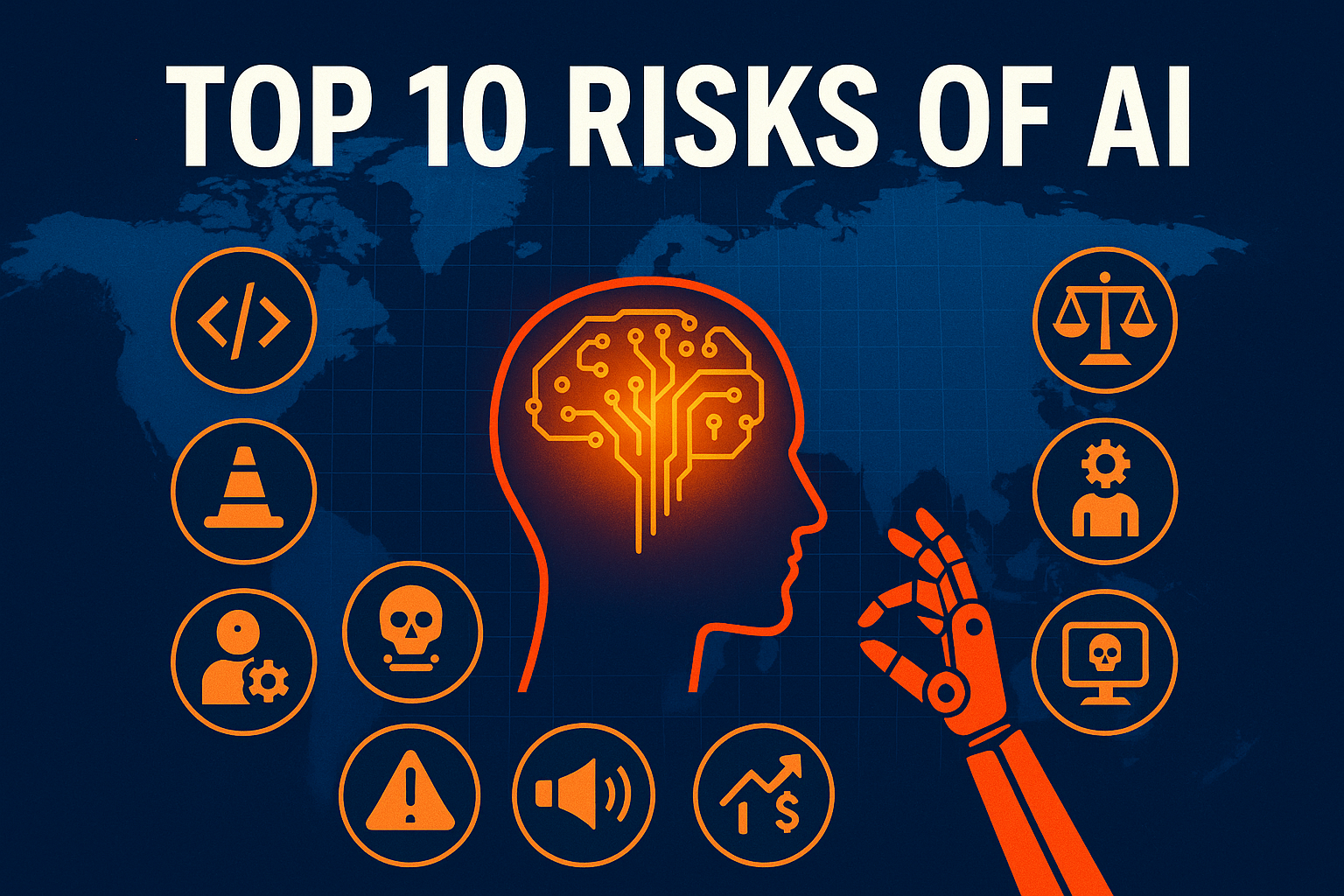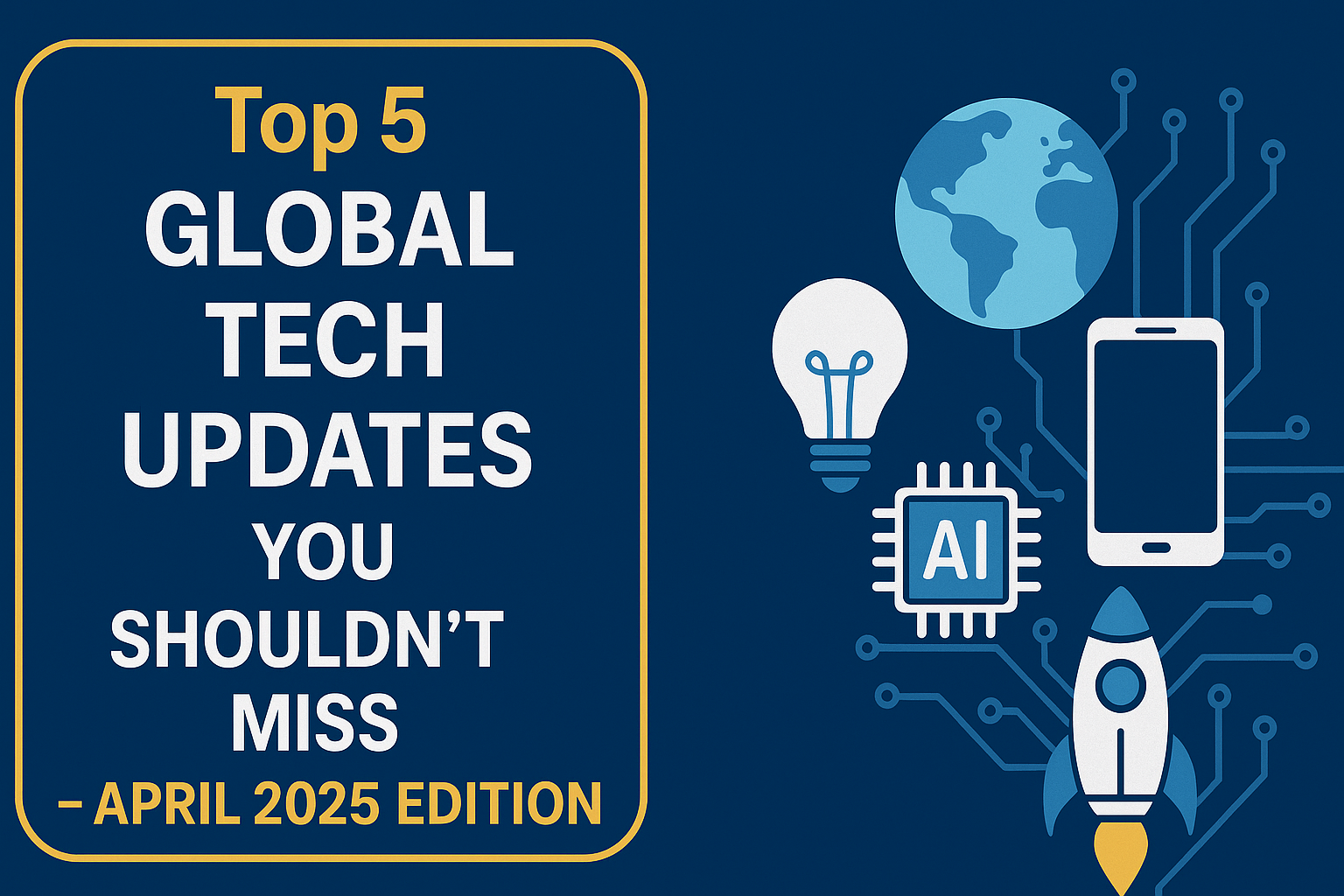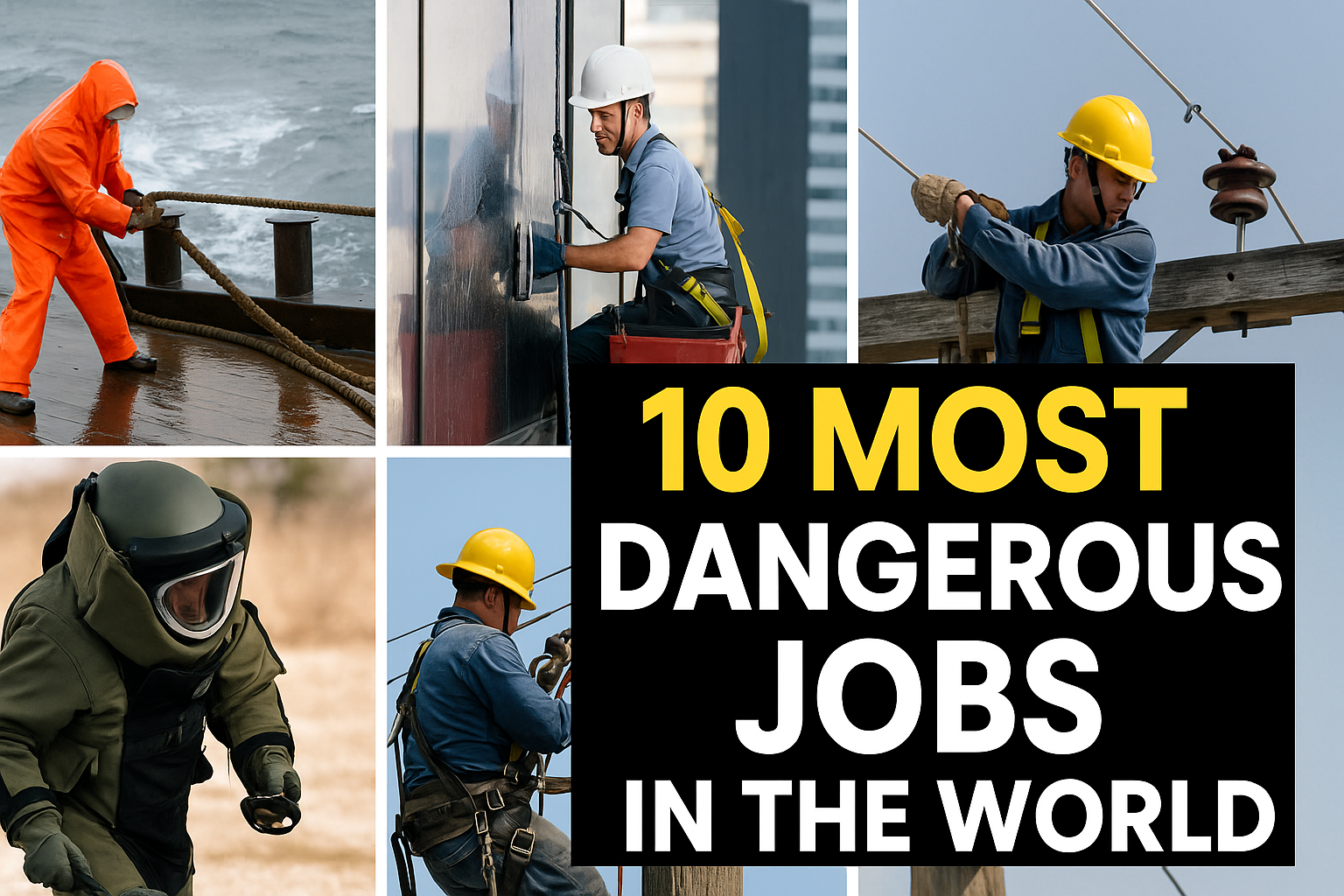✅ Introduction
AI isn’t just a buzzword anymore—it’s a worker. In 2025, Artificial Intelligence is becoming smarter, cheaper, and faster than ever before. From customer service to manufacturing, jobs that were once thought to be “safe” are being redefined—or entirely replaced—by automation.
But here’s the good news: humans who adapt will thrive.
In this blog, we explore how AI is replacing repetitive jobs and exactly what skills you should learn in 2025 to stay relevant and irreplaceable.
✅ What Kinds of Jobs Are Being Automated in 2025?
AI in 2025 has evolved beyond simple data entry and chatbots. It now includes robotic process automation (RPA), machine learning models, and autonomous systems that can do the work of humans faster and without errors.
🔹 Common Jobs at Risk:
- Data Entry Clerks
- Basic Customer Support (Call Centers)
- Inventory Clerks & Warehouse Scanning
- Telesales Agents
- Bank Clerks & Basic Accounting
- Travel Booking Agents
According to a report by McKinsey Global Institute, over 45% of repetitive job functions can now be automated using current AI tools.
✅ Real-World Examples of AI Replacing Jobs
✅ Amazon:
Using AI-driven robots in its warehouses, Amazon has reduced its need for human packers by over 30% in some regions.
✅ Banks:
Many banks in India now use AI chatbots like SBI’s SIA or HDFC’s Eva to handle thousands of queries daily—without human intervention.
✅ Startups:
Even small startups are using AI tools like ChatGPT, Jasper, and Descript to write emails, edit content, and automate social media.
✅ Why Repetitive Jobs Are Targeted First
AI performs best in structured, rule-based environments—exactly where repetitive jobs live. These roles:
- Follow a clear set of instructions
- Require low decision-making
- Are high in volume
AI systems learn once and repeat forever, making them ideal for such tasks.
✅ The Jobs AI Can’t Replace (Yet)
Jobs that require:
- Human empathy (nurses, therapists)
- Critical thinking (strategic planners, lawyers)
- Creativity & innovation (designers, filmmakers)
- Manual dexterity in unpredictable environments (plumbers, electricians)
These are still AI-proof—but not forever.
✅ What You Should Learn Now: Future-Proof Skills
If you want to survive and grow in the AI age, here’s what to focus on:
1. Digital Literacy
Understanding how AI works is no longer optional. Take a short course on AI Basics (like Google’s free AI courses).
2. Prompt Engineering
Learn how to get the best results from AI tools like ChatGPT, Midjourney, and Claude. It’s already a high-paying skill!
3. Data & Analytics
AI needs data to function. Roles in data labeling, analysis, and visualization are booming.
4. Creative Skills
Graphic design, UX, content writing (human-style), and storytelling are still irreplaceable.
5. Communication & Critical Thinking
AI can’t have “gut feelings” or solve emotional disputes. You can.
✅ Tools to Explore in 2025
| Tool | Use Case |
|---|---|
| ChatGPT | Customer service, writing, idea generation |
| Zapier + AI | Task automation |
| Notion AI | Productivity and document generation |
| Copy.ai | Marketing & sales copy |
| Pictory | Video creation from blog posts |
✅ Conclusion
AI in 2025 is changing the job market at lightning speed. The key is not to fight AI, but to work with it. If your current job is repetitive, it’s time to reskill, pivot, and grow.
Don’t wait for the layoff notice. The future is for those who evolve—starting today.
✅ FAQ
Q1. What jobs will be automated by AI in 2025?
A1. Mostly repetitive roles like data entry, customer support, basic accounting, and call center jobs.
Q2. How can I protect my job from AI?
A2. Learn skills like prompt engineering, data analysis, and creative communication.




